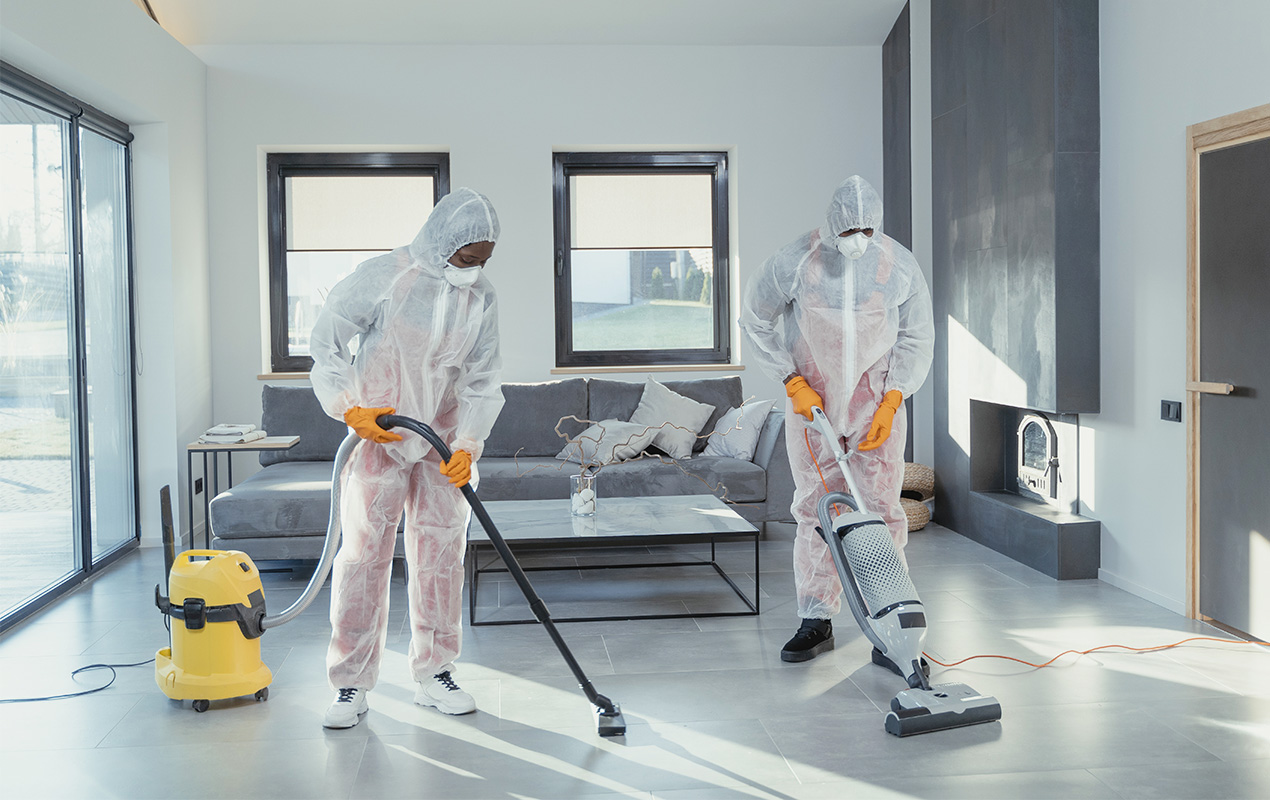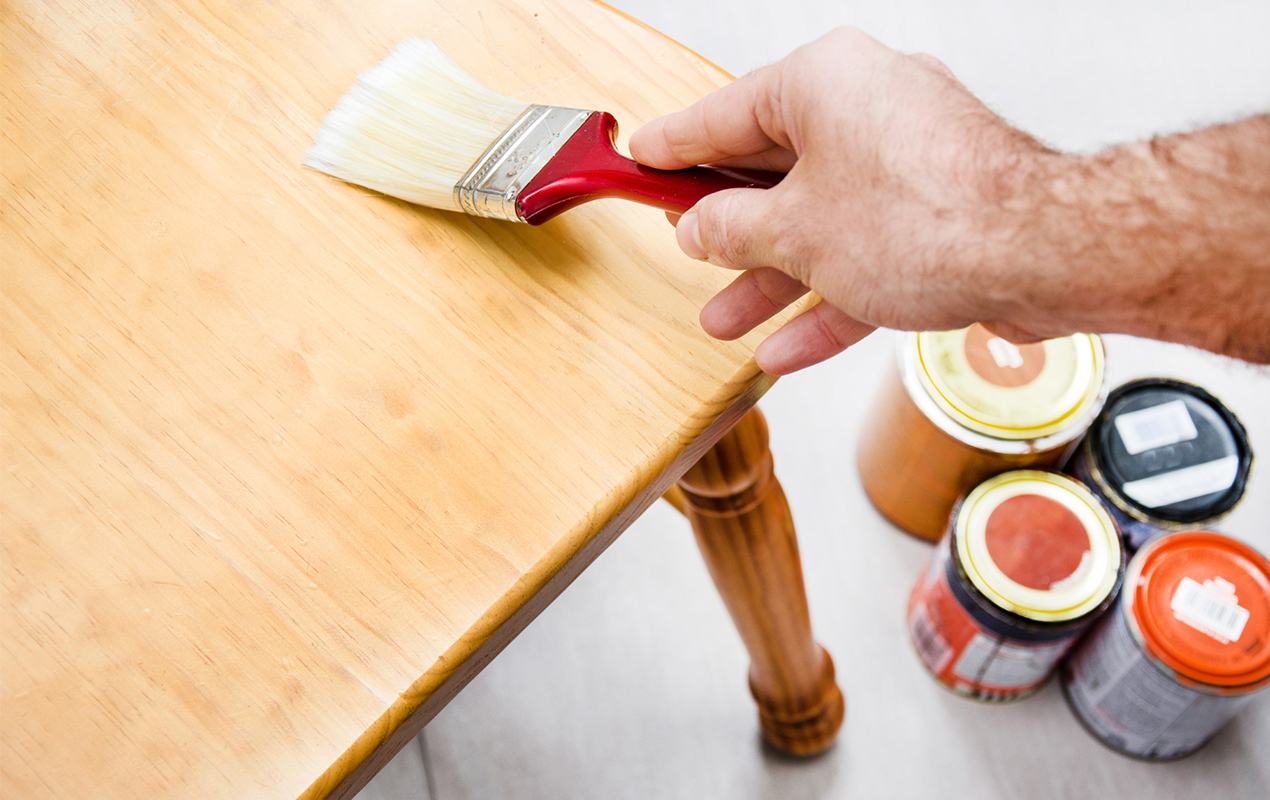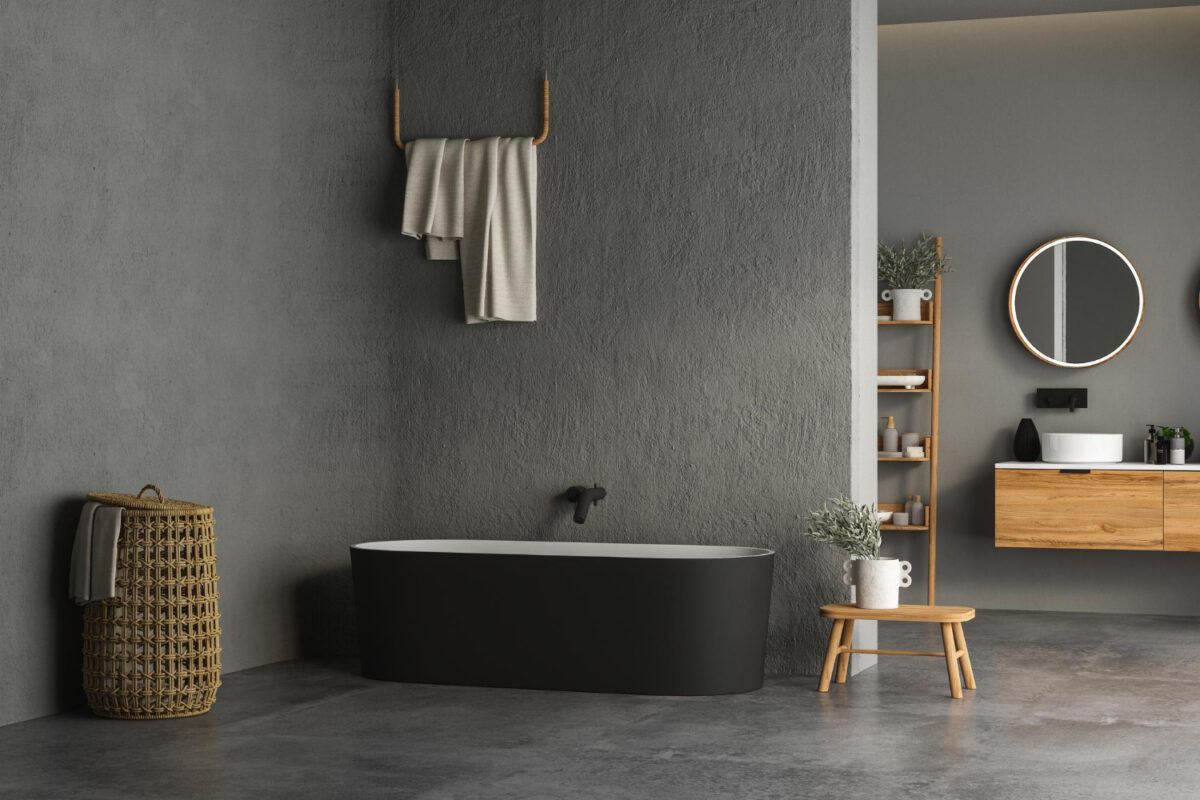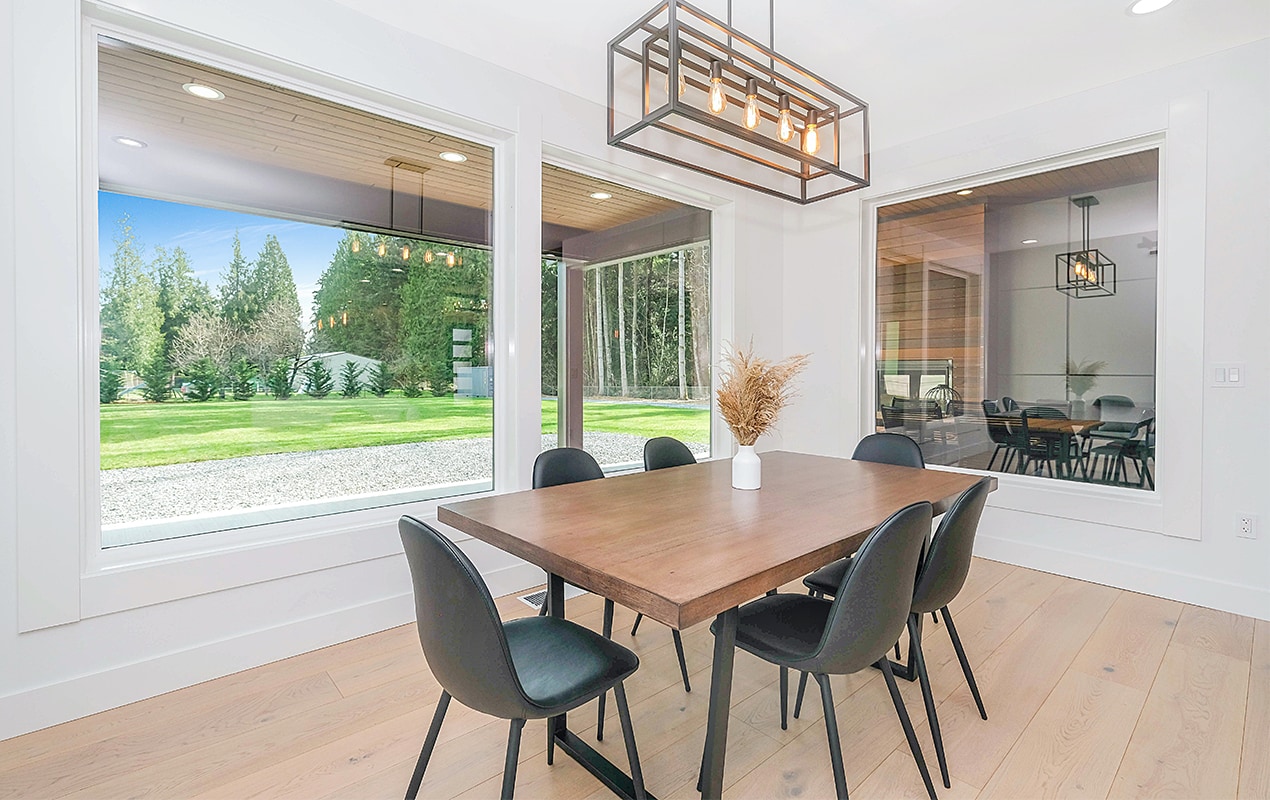Blog
The Top Pest-Proofing Tips For A Functional Home

Having pest-proofing in the home can be a real nuisance. From causing damage to furniture, electrical wiring, and other household items to carrying diseases and contaminating food sources – having unwanted visitors can make life uncomfortable for you and your family. Fortunately, there are several steps that you can take to help keep your home pest-free. By following some simple preventative measures, you’ll be able to enjoy a beautiful and functional living space free from unwanted guests. Here are some of the top pest-proofing tips for your home.
Seal Up Cracks And Gaps
Even the smallest of cracks and crevices can offer a potential entry point for pests. To prevent this from happening, take the time to thoroughly inspect your home’s exterior walls and foundation, looking for any visible signs of cracking or damage. If you identify any gaps or openings, seal them up with caulk or weather stripping. Make sure you check around windows and door frames.
Remove Clutter From The Home
Clutter not only makes your home look unkempt, but it can also provide a cozy hiding spot. To help keep your home free from unwanted guests, it’s important to maintain a tidy space by removing clutter from the home on a regular basis. This includes items such as stacks of newspapers and magazines, cardboard boxes, old clothes and fabrics, and other items that can quickly accumulate throughout the home.
It’s also important to regularly vacuum carpets and surfaces that gather dust and mop floors in order to remove any food crumbs or debris that may attract insects. Avoid leaving dirty dishes in the sink overnight, as this can become a breeding ground for insects, such as cockroaches.
Store Food Properly
Food is one of the main attractants for pests, so it’s important to store food properly to prevent an infestation. Make sure to keep all food sealed and stored away in airtight containers or plastic bags. It’s also a good idea to empty out your pantry and cupboards on a regular basis and check for any tell-tale signs, such as droppings or gnaw marks.
Always avoid leaving food out on the countertops, and never leave dirty dishes to sit overnight – this can attract an array of insects. If you have pets in the home, make sure that their food bowls are cleaned daily and stored away when not in use. Proper food storage is also a must.
Keep Outdoor Areas Clean
Outdoor areas such as decks, patios, and gardens can also provide a haven for pests. To help prevent an infestation, it’s important to keep these areas clean and tidy – removing any standing water or debris. Be sure to trim back overgrown bushes and trees, as these can serve as nesting grounds.
If you store logs or firewood outside, keep them elevated off the ground—this will help deter rodents from making a home in the woodpile. In the fall, be sure to keep on top of raking the leaves on the ground, as these are also a breeding ground for insects and rodents.
Set Traps And Bait As Needed
If preventive measures fail to keep pests at bay, you may need to set traps or bait in order to get rid of them. Traps can be used to catch and remove larger pests like rats and mice. Bait stations are also helpful for controlling smaller insects like ants. When using traps or bait, it’s important to read the instructions and safety warnings carefully.
You should avoid leaving them in areas where children or pets may have access, as they can be harmful or even deadly. If you need assistance setting traps or bait, it’s best to contact a professional exterminator who can help ensure that they are used safely and effectively. With the right precautions and strategies in place, you yourself can exterminate pests from your home.
Contact A Professional Exterminator
If all necessary pest-proofing tips fail and you still find yourself with an infestation problem, it’s best to contact a professional exterminator for help. A pest control expert will be able to identify the source of the infestation and use the appropriate methods to get rid of them. While some people may opt for do-it-yourself solutions, professional exterminators are trained to handle a wide range of issues and can provide you with the best possible results. Furthermore, they’ll also be able to provide advice on how to prevent future infestations.
Have Professional Pest Control Services Inspect Your Home
Having trusted pest control services inspect your home is an important step in preventing them from entering and/or staying. These inspections involve a thorough check of the entire property, including indoor and outdoor areas. Inspectors look for signs of potential infestations, such as rodent droppings or evidence of nesting sites. They also check to make sure that entry points, such as windows and doors, are properly sealed.
During the inspection, they will recommend any necessary preventive measures and provide advice on how to maintain a pest-free environment. Homeowners that live in rural areas should try and do this fairly regularly, as they are more susceptible.
Closing Words
By following the pest proofing tips outlined above, you can create a pest-free environment in your home. It is important to remember that prevention is key, and regular inspections are essential for maintaining a healthy and safe living space. If all else fails and an infestation occurs, it’s best to contact a professional exterminator who will be able to identify the source of the problem and provide effective solutions. With proper maintenance and preventative care, you can ensure that your home remains free from pests at all times.













